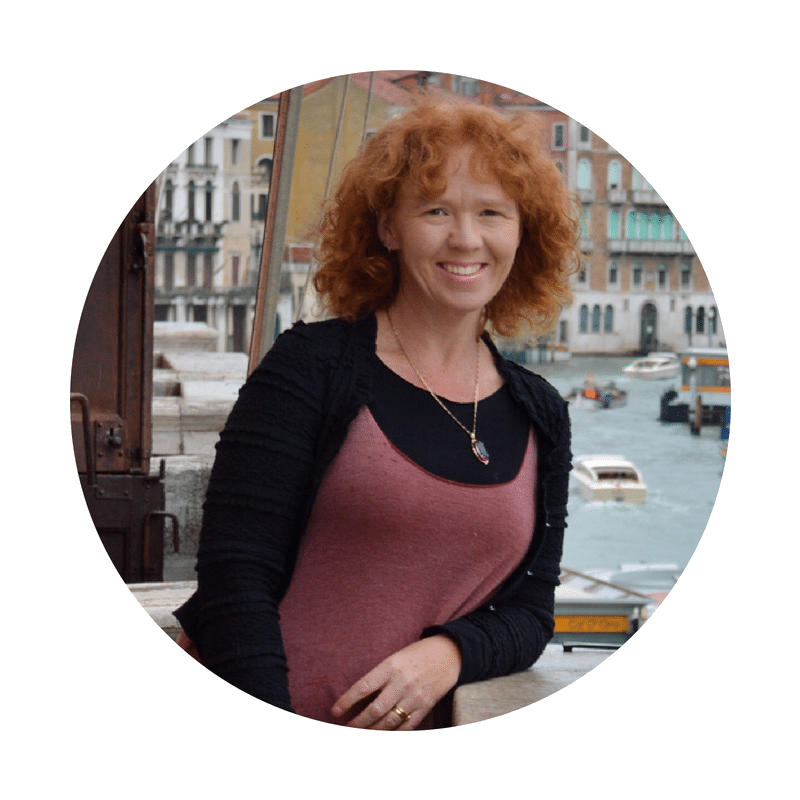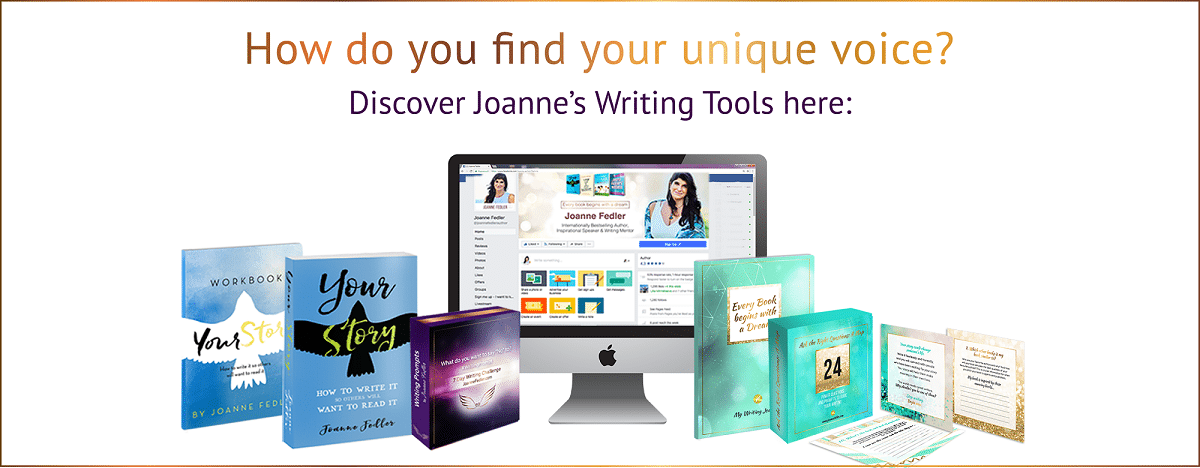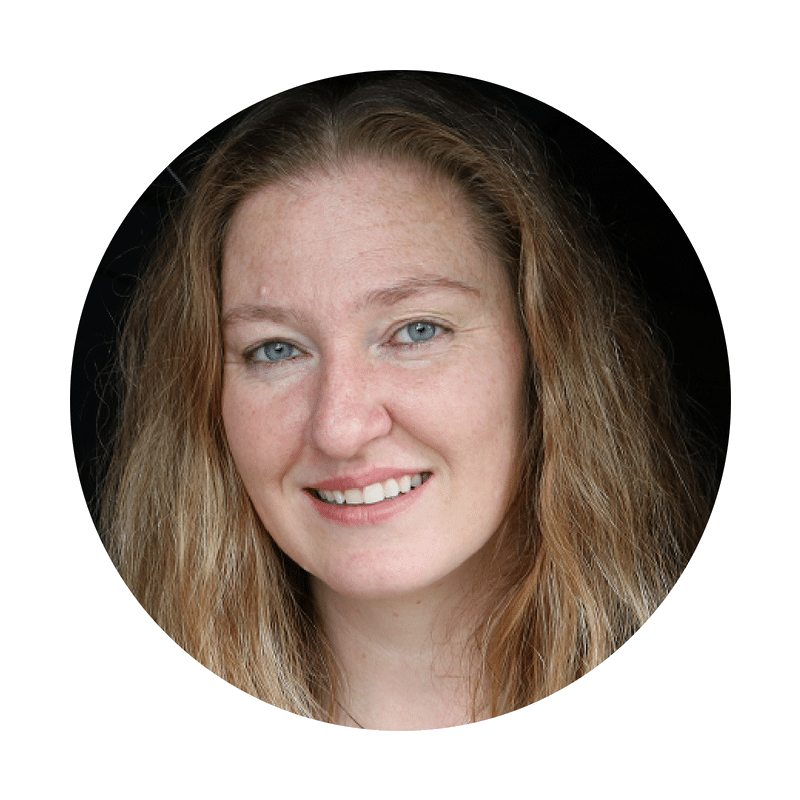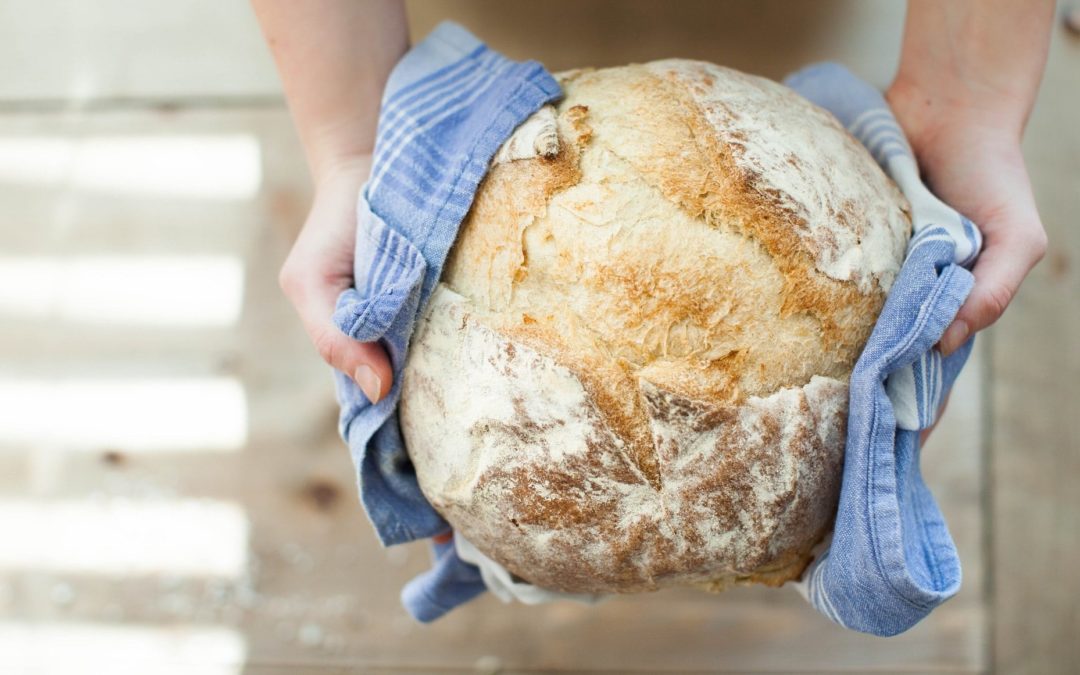
How to Love Time with Every Passing Birthday
How to Love Time with Every Passing Birthday
We’re all just walking each other home.
– Ram Dass
It’s funny how much we fret about nonsense in the light of Ram Dass’s insight, isn’t it? How different would we behave if we lived each day with that as our premise?
So when the 31st August comes around, I don’t sigh, ‘Oh God, another year…’ and get all coy when people ask me my age.
Let me tell you, I’m happy to eat cake once a year, blow out a gazillion candles and get fussed over by family and friends.
Of course, it’s the job of birthdays to remind us of that ‘cottage of darkness’ (to quote Mary Oliver) that we’re all heading towards. But I’m tired of bemoaning the relentless ticking over of the clock, scheduling of calendars, passing of weeks, months and years and becoming bitchy and depressed about the bodily decrepitude that accompanies it. Sequential time (or ‘chronos‘) is only one limited way of  understanding our lives.
understanding our lives.
There’s another (far more upbeat) way to think about time – ‘kairos.’ It’s an Ancient Greek word meaning ‘the right, critical or opportune moment.’ It celebrates time vertically as opposed to horizontally. You know those moments – the ones that resonate beyond the period they occupy, the ones that ‘stay’ in and with us, even as days move relentlessly through us (that first kiss in the rain; when you heard your daughter sing for the first time; the time he held the moon in his hand for you; the moment you realised, ‘he loves me…’)

Joanne Fedler
Author, writing mentor, retreat leader. I’m an internationally bestselling author of nine books, inspirational speaker and writing mentor. I’ve had books published in just about every genre- fiction, non-fiction, self-help, memoir – by some of the top publishing houses in the world. My books have sold over 650 000 copies and have been translated in a range of languages. Two of my books have been #1 Amazon bestsellers, and at one point the German edition of Secret Mothers’ Business outsold Harry Potter- crazy, right?
Birthdays can be tiresome expressions of more time passing, or we can tune into them as timeless, blessed outposts marking our journey home. The best way I know how is to ritualize these days by waking to see the sun rise, dunking my shivery bones in the ocean and giving money to causes I care about. I drop all work. I let the day have me all to itself.
Birthdays pull me into the confessional of big soul questions like: Is my life meaningful? Am I happy? Are my relationships fulfilling? Why am I doing what I’m doing? And, if I died now, would my basket of regrets be empty or full? (If we don’t ask them on our birthdays, when do we ask them?)

This year’s birthday prep (which involved a vision board, journalling and a life-scan) clarified for me that I want to:
- stop buying stuff
- lie still and flirt with the sky (both the clouds and stars)
- make love more often, maybe even every day
- remember what my heart is for and let it do its thing
- listen to what is calling to me through the noise of email and to-do lists
- love my body more and more and more, blessed jiggle of flesh
- do silly things – jigsaw puzzles, indoor rock climbing, vegetable pickling, aerial yoga, kayaking, dancing in my socks and singing One Republic’s ‘I Lived’ as if I were onstage
- write, and write and write and write (at least one beautiful sentence each day).
Kazantzakis wrote: ‘leave nothing for death to take, nothing but a few bones.’ I love that. We’re here to ‘own every second that this world could give,’ (that’s from ‘I Lived’). As we do this big walk together, let’s try to skid more slowly from hour to hour, to be patient with the surprise we are becoming as we sink more deeply into the discovery of who we’re here to be.
Here’s a little writing exercise if you’re up for it – to nudge you into a bit of a love affair with ‘kairos.’
Author Potential Profile Assessment
Discover your hidden strengths as well as the areas you need to build on to become an author.







